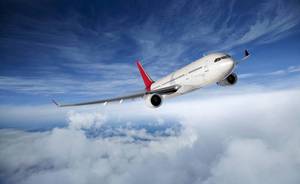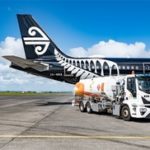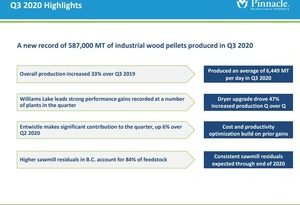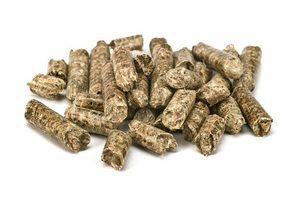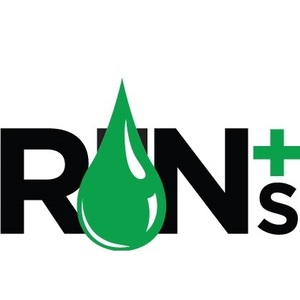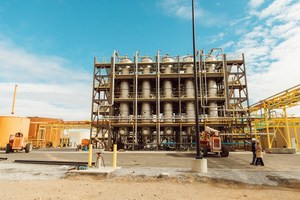Air Europa to fly to Havana with Cepsa’s SAF
Energy Disrupter
ADVERTISEMENT
Cepsa and Air Europa have sealed an alliance whereby the energy company will supply 14.4 tons of sustainable aviation fuel (SAF) to the airline for one year to cover the first monthly Madrid-Havana flight. This is the first time that two companies in Spain have established a regular supply of this sustainable fuel for a specific air route.
During the period of collaboration between Cepsa and Air Europa, the emission of around 50 tons of CO2 will be avoided, equivalent to planting 575 trees.
The trips, which will feature 2 percent SAF in aircraft tanks, will serve as a test run ahead of the targets set by the European Union in its “ReFuelEU Aviation” legislative initiative, developed to boost sustainability in the airline industry. While there is no current obligation for airlines to use SAF, the new regulation requires European airlines to fly with 2 percent of sustainable fuel beginning in 2025, increasing to 6 percent in 2030 and 70 percent in 2050.
Jesús Nuño de la Rosa, CEO of Air Europa, said, “This agreement fulfills the commitments made in terms of sustainability, one of the backbones of the airline’s 2023-2025 Strategic Plan. Likewise, by using this fuel on the route to Havana, the company is highlighting its strategic role in air connectivity with the Americas.”
Tobi Pardo, Cepsa’s aviation director, expressed the company’s satisfaction at closing an agreement of this nature, “We strongly believe that these types of initiatives are fundamental to moving towards more environmentally friendly aviation. We are proud to join forces with Air Europa in its commitment to the decarbonization of air transport, helping Spain to become a benchmark for sustainable tourism. We will continue to invest in innovative technologies that will enable us to offer more efficient solutions to facilitate the sector’s energy transition and a cleaner, safer future for all.”
Cepsa produces second generation (2G) biofuel at its La Rábida Energy Park in Palos de la Frontera (Huelva) from organic waste and used cooking oils. These second-generation biofuels, in addition to reducing aircraft emissions by up to 90 percent compared to
conventional kerosene, promote the circular economy as they are produced using waste that would otherwise end up in landfills.
Cepsa is promoting the decarbonization of aviation as part of its Positive Motion strategy, which aims to lead the production of SAF in Spain and Portugal with an annual production capacity of 800,000 tons in 2030, an amount of sustainable fuel sufficient to fly over the planet 2,000 times.
The company recently announced that it has started marketing SAF at the airports of Madrid, Barcelona, Palma de Mallorca and Seville, through which more than 133 million passengers pass each year. Cepsa thus becomes the first company to offer 2G biofuel for aviation on a permanent basis at four of Spain’s main airports.
To guarantee the supply of SAF to its customers, Cepsa will develop the largest second-generation biofuels plant in southern Europe, together with Bio-Oils, through an investment of up to 1 billion euros. This facility in Palos de la Frontera (Huelva) will be on stream in 2026 and have a flexible production capacity of 500,000 tons of SAF and renewable diesel.
Meanwhile, with this agreement Air Europa is taking a further step towards achieving its decarbonization objectives through sustainable innovation, leading the regular use of SAF on its B787 Dreamliner fleet, one of the most efficient on the market that is capable of reducing both emissions and fuel consumption by 20 percent.

